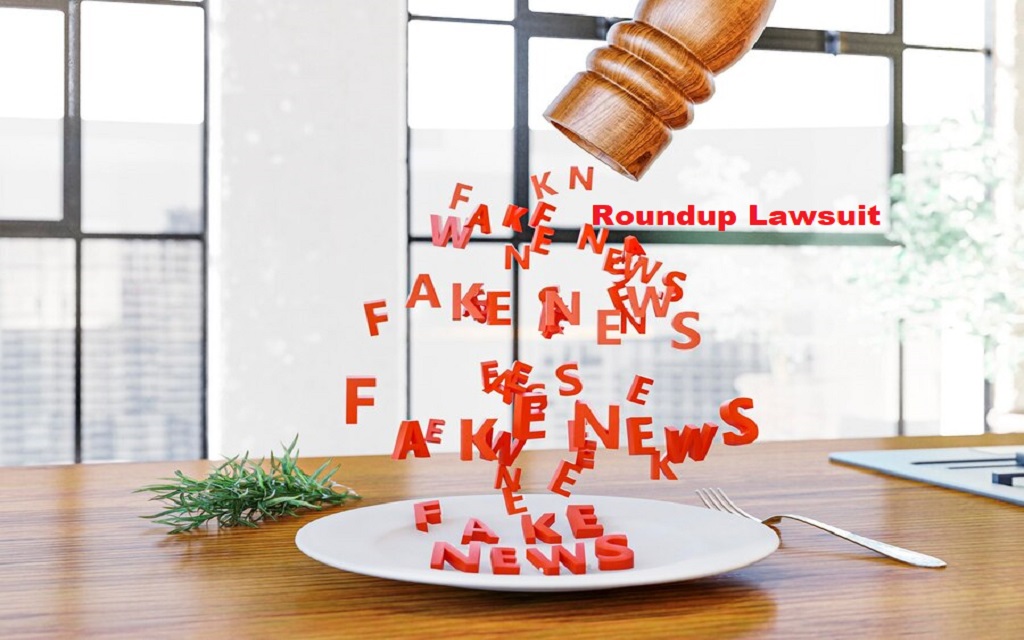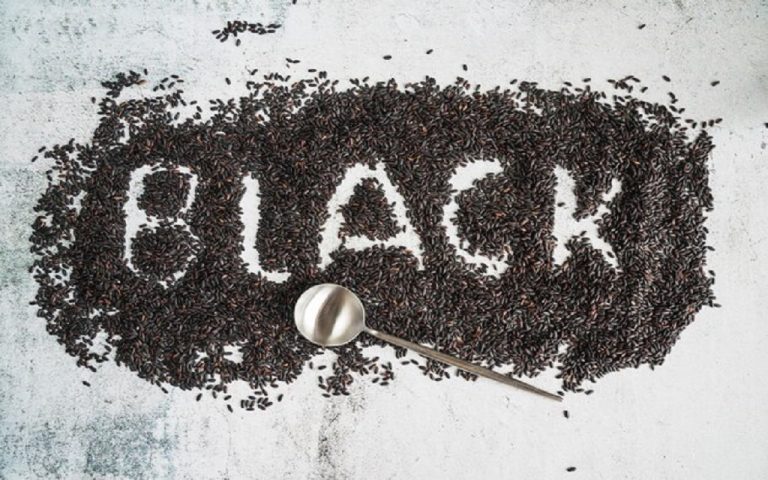Roundup lawsuit producers may be familiar to you. Glyphosate, the main ingredient in Roundup, has been linked to cancer allegations. Farmers, landscapers, and homeowners have been using it for decades. You should know that thousands of lawsuits now demand answers.
Almost 100,000 cases have been filed in US courts. Bayer and Monsanto are accused of hiding the facts in these disputes. Most claims are from patients with non-Hodgkin lymphoma. Understanding the courts’ responses is crucial.
In March 2025, a Georgia jury awarded $2.1 billion to one man. He claimed his cancer came from Roundup. In early 2024, a Pennsylvania man received $2.25 billion. He used Roundup for twenty years. Many of these verdicts prove that juries believe the claims.
What is a Roundup Lawsuit?
A Roundup lawsuit is a legal case against the makers of the herbicide Roundup. You should know it involves claims that glyphosate, the main ingredient, causes cancer. Most lawsuits link the product to non-Hodgkin lymphoma. Victims say Monsanto and Bayer failed to warn users. Courts have already awarded billions in damages. Thousands of lawsuits are still active in U.S. courts.
How Did the Roundup Lawsuit Begin?
You should consider 2015 to be the beginning of significant issues. The World Health Organisation declared glyphosate to be “probably carcinogenic to humans” in that year. The International Agency said that for Research on Cancer. Scientists reviewed dozens of studies. Then, they raised a red flag.
It is essential to know what happened next. Legal teams saw a chance to represent victims. Plaintiffs began filing lawsuits in state and federal courts. Many cases joined a massive legal action in California called multidistrict litigation (MDL).
Over time, internal emails from Monsanto surfaced. Lawyers used these messages as proof. They claimed the company knew the risks. This became the basis of most lawsuits.
What Health Issues Are Associated with Glyphosate?
The connection between glyphosate and cancer is something you should be aware of. Experts in epidemiology and toxicity testified before courts, citing human and laboratory research. Non-Hodgkin lymphoma, a malignancy that starts in white blood cells, is the primary cause for worry.
According to a University of Washington research, exposed users had a 41% increased chance of developing cancer. Another review showed glyphosate might damage human DNA. These ideas influenced judicial debates.
However, Bayer asserts that glyphosate is harmless. The U.S. Environmental Protection Agency concurs. The EPA claims that glyphosate is not carcinogenic. This dispute has grown to be a significant problem during trials.
Who Can File a Roundup Lawsuit?
You should consider filing if you used Roundup and later got sick. Most lawsuits involve people with non-Hodgkin lymphoma. Courts often accept claims if there is proof of regular exposure. Homeowners, landscapers, and farmers usually qualify.
To begin the process, you must gather key records. Medical documents, purchase receipts, and work history help your case. Most lawyers offer free case reviews. You do not pay unless you win. That model allows thousands of people to seek justice.
What Kind of Compensation Can You Expect?
It is essential to know the types of damages awarded. Plaintiffs receive money in several categories. These include:
- Medical costs
- Lost wages
- Pain and suffering
- Punitive damages
In high-profile cases, juries awarded billions in punitive damages. The goal is to punish the company. For example, in 2020, a California couple received $2 billion. The court later reduced the amount but upheld the decision.
In 2022, another jury awarded a groundskeeper $87 million. These verdicts helped push Bayer toward settlement talks.
What Is the Current Status of Roundup Lawsuits?
As of April 2025, Bayer has settled most cases, paying nearly $11 billion in total. However, over 67,000 lawsuits remain open. Many of them are in state courts, and around 4,000 lawsuits continue in California’s MDL.
You should note that recent verdicts still go against Bayer. Courts in Philadelphia and Georgia recently ordered payouts. Defense teams also won some cases, which shows that juries look closely at evidence.
In early 2025, Bayer filed a Supreme Court petition. The company asked to block future claims. They say EPA approval should protect them from lawsuits. Legal experts expect a decision soon.
How Do You File a Roundup Lawsuit?
You should first talk to a personal injury attorney. Most law firms now accept Roundup claims. Then, you will fill out a case review form. The lawyer checks your medical history and product exposure. If your case qualifies, they file in state or federal court.
The process may include:
- Medical record review
- Proof of product use
- Filing court documents
- Attending court hearings
Lawyers often work on a contingency. That means no upfront cost. You only pay after a settlement or court win.
How Long Does a Roundup Lawsuit Take?
Timelines vary by state and court, so it is important to prepare for a long wait. Some lawsuits settle in under a year, while others take five years or more. In MDL courts, cases move together in waves. Some go to trial first, while others settle after early verdicts.
The average Roundup case may last 2–4 years. That includes document review, expert reports, and hearings. You should stay in contact with your lawyer. They will keep you updated.
What Happens in Court During a Roundup Trial?
You should know what to expect in court. First, lawyers present opening arguments. Then, each side brings in expert witnesses. Medical doctors and toxicologists testify. Some show that glyphosate causes cancer. Others say it did not.
Lawyers also review internal company records. They focus on emails and research studies. Many juries found the evidence strong. Bayer often lost because of this.
Closing arguments follow witness testimony. After that, the jury makes a decision. Some verdicts favor plaintiffs, and others support Bayer. The appeals process may take years.
Why Are Roundup Lawsuits Still Going On?
You may wonder why lawsuits still happen. The answer involves new claims and pending cases. Many people have recently received cancer diagnoses. They believe Roundup caused the illness. Some missed earlier settlement windows.
Also, not all courts agreed with Bayer. Some states allow more lawsuits. As long as glyphosate remains in stores, new claims may emerge.
What Can You Do If You Used Roundup?
You should see a doctor if you have health symptoms. Blood tests and imaging help spot cancer early. Non-Hodgkin lymphoma may cause swollen lymph nodes, night sweats, and fatigue.
Next, talk to a legal expert. Most firms offer free consultations. Keep records of product use. Save receipts, work logs, and photos if possible. All of this helps your legal claim.
Are There Safer Alternatives to Roundup?
You should think about switching products. Many weed killers now use vinegar-based formulas. Others rely on natural oils or soap compounds. While not consistently as strong, they avoid glyphosate.
Cities like Miami and Los Angeles banned glyphosate. Many schools now use safer options, and public awareness continues to grow.
Will the Supreme Court Change the Outcome?
It is crucial to follow recent news. Bayer asked the U.S. Supreme Court to review Roundup cases. Their goal is to stop future lawsuits. If the Court agrees, legal rules may be changed nationwide.
Experts believe the ruling could impact other chemical lawsuits, too. For now, lower courts continue to handle Roundup claims. Juries still decide based on facts and proof.
Conclusion
You should stay informed about new updates. The Roundup lawsuit affects thousands of families. Courts have already awarded billions, and many victims seek answers and justice.
If you or someone you know used Roundup and developed cancer, legal help is available. Experts can review your case. You may receive compensation for your losses. Take action today and protect your rights.




